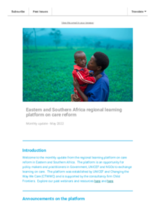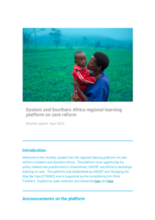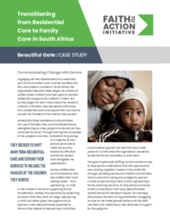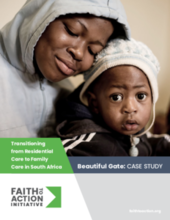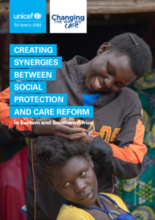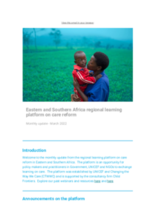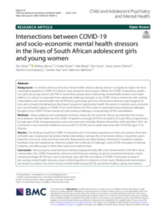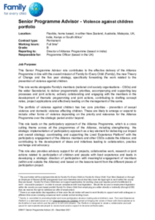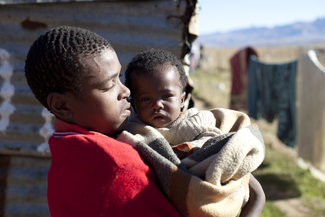

Displaying 81 - 90 of 576
This is the first monthly update of the Eastern and Southern Africa Regional Learning Platform published in May 2022.
Safety parents – charged with the temporary care of children in emergency cases – have called on the government for much-needed financial support. The Department of Social Development said as many as 1 300 children had been placed in the care of safety parents in the province.
This is the second monthly update of the Eastern and Southern Africa Regional Learning Platform published in April 2022.
Engaging with key stakeholders is an essential part of any transition and must be handled with tact and wisdom. Located in South Africa, the organization Beautiful Gate began its ministry to protect street children and later grew to provide residential programs for children in need. Yet, as they began to learn more about the needs of children in families, they decided to shift away from residential care and expand their services to include the families of the children they served. This case study summary explains how Beautiful Gate communicated these changes with donors.
This case study documents the successful transition of Beautiful Gate, a children's home in Cape Town, South Africa, from the orphanage model to a family-based and community-based approach.
Join us on the April 13 from 11.00 a.m. - 12.30 p.m. Nairobi time to better understand how people with lived experiences of care systems can engage with different aspects of care reform.
Social protection is increasingly being used in Eastern and Southern Africa to address economic and social vulnerability. Many governments in the region are also engaged in care reform to prevent family separation, support families to care for children well and provide quality alternative care. The same frontline workers are also often engaged in these two streams of work. This paper provides an outline of the key concepts and processes involved in social protection system strengthening and care reform and makes an argument for encouraging greater synergies between these two systems.
This is the first monthly update of the Eastern and Southern Africa Regional Learning Platform published in March 2022.
The purpose of this study was to examine socio-economic and mental health impacts of COVID-19 on South African adolescent girls and young women (AGYW) in order to understand how additional challenges brought on by COVID-19 have intersected with existing challenges, compounding AGYW vulnerabilities.
Salary:
GBP £50-55,000 equivalent - fixed in local currency. Salary will be determined based on experience and adjusted to the local market rate.

